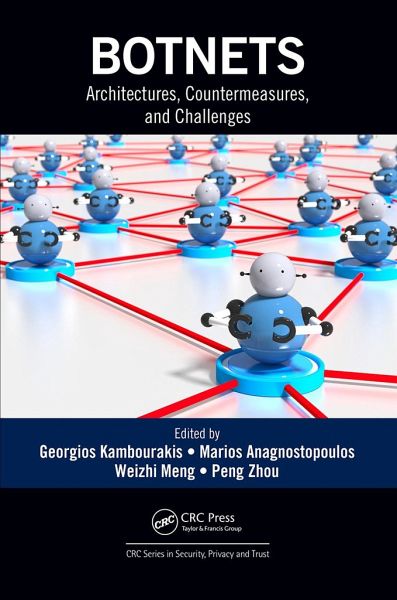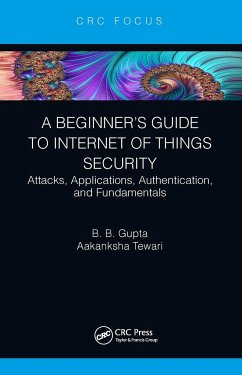Dr. Marios Anagnostopoulos received his Ph.D. degree in information and communication systems engineering from the Department of Information and Communication Systems Engineering, University of the Aegean, Greece, in 2016. The title of his doctoral thesis was "DNS as a multipurpose attack vector." Currently, he is Post-Doctoral Research Fellow in the Norwegian University of Science and Technology (NTNU). Prior to joining NTNU, he worked as Post- Doctoral Research Fellow in the Singapore University of Technology and Design (SUTD). His research interests are in the fields of network security and privacy, mobile and wireless networks security, cyber-physical security, and blockchain in security and privacy. Dr. Georgios Kambourakis received the Ph.D. degree in information and communication systems engineering from the Department of Information and Communications Systems Engineering, University of the Aegean, Greece, where he is currently an associate professor, and the head of the department. His research interests are in the fields of mobile and wireless networks security and privacy. He has over 120 refereed publications in the aforementioned fields of study. For more information, please visit http://www.icsd.aegean.gr/gkamb. Dr. Weizhi Meng is currently an assistant professor in the Cyber Security Section, Department of Applied Mathematics and Computer Science, Technical University of Denmark (DTU), Denmark. He received his Ph.D. degree in computer science from the City University of Hong Kong (CityU), China. Prior to joining DTU, he worked as a research scientist in Institute for Infocomm Research, A*Star, Singapore, and as a senior research associate in CS Department, CityU. He won the Outstanding Academic Performance Award during his doctoral study and is a recipient of the Hong Kong Institution of Engineers (HKIE) Outstanding Paper Award for Young Engineers/Researchers in both 2014 and 2017. He is also a recipient of Best Paper Award from ISPEC 2018 and Best Student Paper Award from NSS 2016. His primary research interests are cyber security and intelligent technology in security, including intrusion detection, smartphone security, biometric authentication, HCI security, trust management, blockchain in security, and malware analysis. Dr. Peng Zhou is currently an associate professor at Shanghai University. He has received his Ph.D. degree from the Hong Kong Polytechnic University and worked as a research fellow in Singapore Nanyang Technological University for one year. His research interests include network security, computer worms and propagation, and machine learning.
















